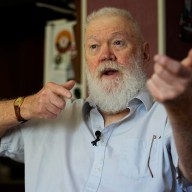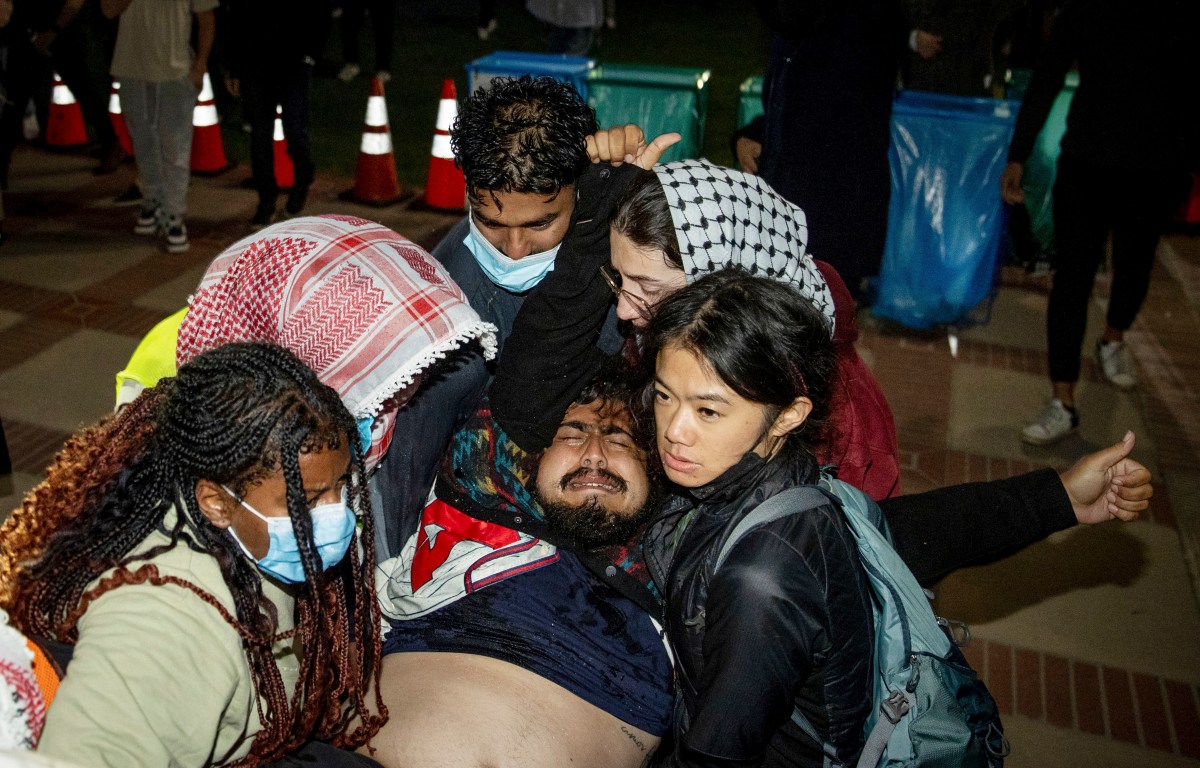Since its debut at the SXSW Film Festival in March, writer/director Joe Cornish’s indie sci-fi Attack the Block has won a steady stream of audience awards, rave reviews and accolades — it’s currently 91 per cent fresh on Rotten Tomatoes.
And it’s a reception Cornish doesn’t take lightly. “I think the combined power of the Internet and bloggers is just as powerful as any marketing machine, I hope,” Cornish says. He sat down with Metro to talk about rehabbing the image of council estates, paying homage to his heroes and sympathizing with juvenile delinquents.
Why do you think the British council estate continues to be such fertile ground for film?
Those places were built in a spirit of great optimism after the war. They replaced lots of slums — certainly in London — and they were seen as futuristic, exciting, utopian housing projects. In the years that have passed, they’ve become symbolic of the opposite, of people who find themselves in difficult positions. And they’ve been used in films, certainly, for quite downbeat, depressing narratives. My film was an attempt to actually take it back to that futuristic aesthetic.
Filming the tower block like a spaceship certainly helps.
That was totally intentional. When you look at those fly-by shots of the Nostromo [in Alien] or the Palomino in the Black Hole — I did them as a kid. You do them with your toy car, you put it right next to your eye and go along the surface. It struck me that it was very similar. I was excited that here was this world that had been used in so many movies, and here were these vehicles and these weapons and these characters and these spaces and these walkways, and I thought, there’s a toolkit here. There’s a play-set for an action-adventure film, and no one’s realized that it could be used in that way.
The heroes start out as petty criminals, but you end up sympathizing with them.
I think it’s interesting how people have responded to that. Actually, it happens a hell of a lot in movies. I think it’s interesting because he’s young, it’s possibly something to do with his colour, that people react more strongly to this character than they do, for instance, to Ben Affleck’s character in the Town that holds a submachine gun to a woman’s head and forces her to open a safe, and yet 10 minutes later they’re romancing each other in the laundrette.
Maybe it’s the scale of the crime, its ordinariness.
That’s interesting, absolutely. There’s an academic theory about that, weirdly, called “perceived reality,” and it’s to do with the amount that you think what you’re seeing on-screen actually is a potential threat to you in real life. Because, sure, in real life what my kid does is bad. But in the world of movies, it’s tame, really tame. But that was the raison d’etre for the film and what made me excited about writing it — that moment when these bad kids mug this woman, something falls out of the sky, she runs away and we don’t follow her, we stay with them. I thought, that would be cool.
Given that this is your first feature, what did you learn about making films?
I didn’t realize you had to rewrite to budget. I think all films do that. And in fact, concurrently I was reading that amazing Making of ‘Star Wars book, and I was reading it to comfort myself during pre-production to see what my heroes had gone through. Darth Vader had his own planet and his own spaceship, but they made the spaceship a planet to save money, and they set everything on that spaceship. The Death Star you assume was this great idea that he had and always intended to do, but no. It came out of budget restrictions and rewrites at the 11th hour. If there’s one thing I’m learning from talking to directors of big-budget films, it’s that the problems are the same.
















